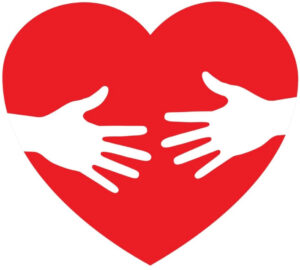 When he saw them, he said to them, “Go and show yourselves to the priests.” And as they went, they were made clean. Luke 7:14
When he saw them, he said to them, “Go and show yourselves to the priests.” And as they went, they were made clean. Luke 7:14
When I was in elementary school, there was a young woman who lived in my apartment building who suffered from mental illness. On her daily walks, she always had a far-off look that was not really focused on anything. I wish I could say that my friends and I were kind to her, but we weren’t. Mostly, we were afraid and made sure to stay as far from her as possible. One fateful day, however, she and I ended up face to face in close quarters.
It was a hot summer day. I was playing outside and was thirsty. These were the days before bottled water. Full of youthful energy, I raced inside my building to take the elevator upstairs to my apartment and there she was. I will never know how I summoned the courage to walk into that elevator with her. Then something unexpected happened. She smiled at me. This assured me that I need not fear her. In that moment I was able to truly see her for the first time.

Canon Patricia Sarah Terry
Scripture does not directly tell us how to deal with mental illness. Yet Jesus often restored people to community who were marginalized because of their physical ailments, spiritual afflictions, or other issues. By healing them, he enabled them to fully rejoin their religious and communal life. One such example is found in Luke where Jesus healed the ten lepers. Their healing begins the moment that Jesus saw them. He did not look past them or ignore them. He saw them, which initiated their return to society. Their physical healing came next as they went to show themselves to the priests. Cured of their leprosy, this final step was needed to formally receive them back into community.
Jesus cared deeply about human flourishing, desiring fullness of life for everyone. Too often in the past, we have ostracized people with mental illness out of fear. Wouldn’t it be better to instead try to become the supportive communities they need to recover? If a mental health crisis does occur, can we consider calling the 988 Call Center instead of traditional law enforcement? The call centers can help reduce the potential for violent confrontations or jail time for someone more in need of compassionate care. With one in five people today living with mental illness or substance abuse, it at least seems time for a new approach.
Canon Patricia Terry, a retired attorney and member of the Anamchara Fellowship, an Episcopal monastic community, is chair of the Bishop’s Commission on Gospel Justice and Community Care. This column is the second in a Lenten series from members of the commission. The first, by Bishop John Harvey Taylor, is here.
